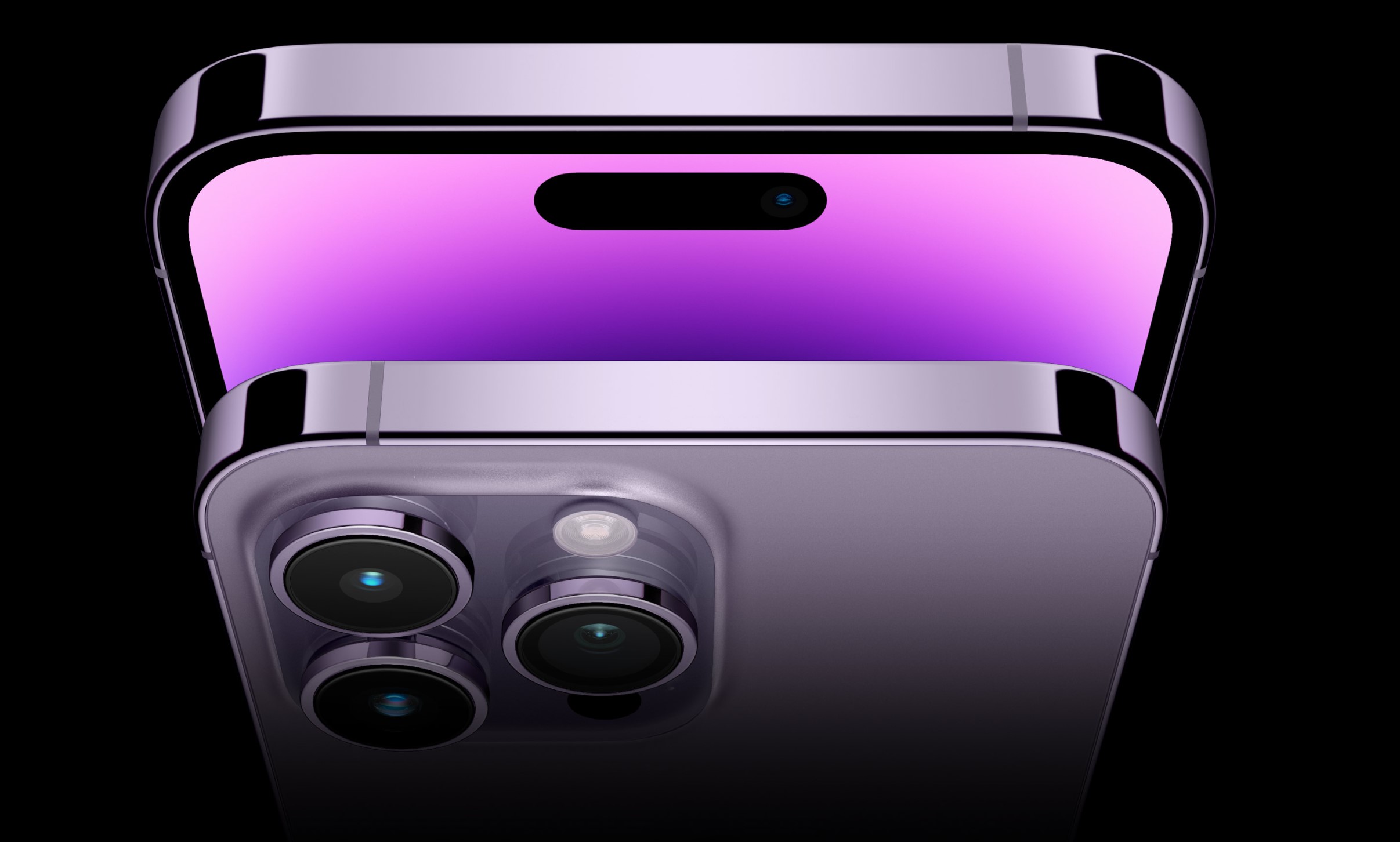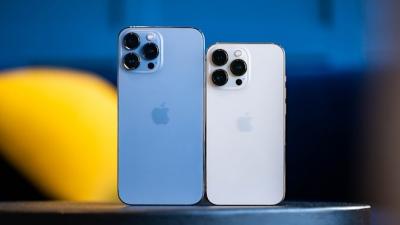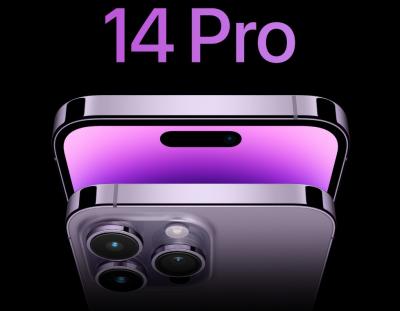To maximize the lifespan of your iPhone, here are some tips:

The average lifespan of an iPhone can vary depending on several factors, such as usage, maintenance, and software updates. However, iPhones generally are designed to last for around 3-4 years before they begin to experience performance issues or battery degradation.
To maximize the lifespan of your iPhone, here are some tips:
Use a protective case: Investing in a protective case can help protect your iPhone from accidental drops or scratches, extending its lifespan.
Avoid extreme temperatures: Exposure to extreme temperatures, such as extreme heat or cold, can damage your iPhone's battery and decrease its lifespan.
Avoid leaving your iPhone in a hot car or outside in cold weather for extended periods.
Keep your iPhone up-to-date: Regularly updating your iPhone's software can help ensure it runs smoothly and securely, which can help extend its lifespan.
Manage your battery usage: Try to avoid draining your iPhone's battery completely and avoid leaving it charging for extended periods of time. Also, turn off features like Bluetooth and Wi-Fi when you're not using them to conserve battery life.
Avoid overloading your iPhone: Avoid storing too much data or apps on your iPhone, as this can slow down its performance and decrease its lifespan. Regularly delete unnecessary files and apps to keep your iPhone running smoothly.
Get your iPhone serviced: If you notice any issues with your iPhone, such as a decrease in battery life or performance, it may be time to get it serviced by a professional to ensure it is running properly. By following these tips, you can help maximize the lifespan of your iPhone and keep it running smoothly for as long as possible.

















Comments